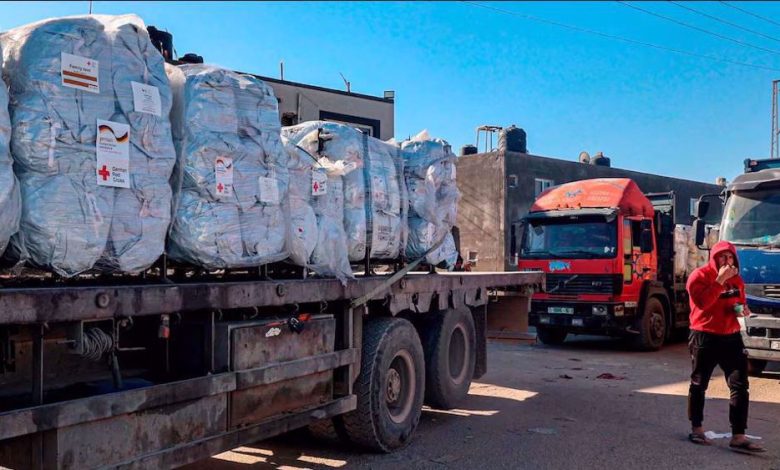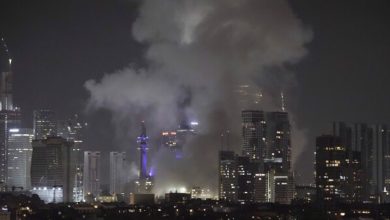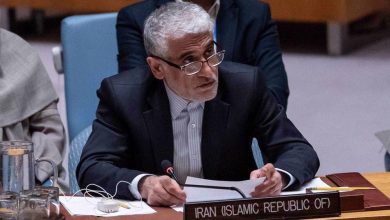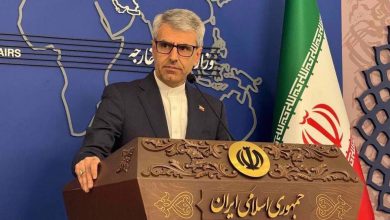Oxfam reports a mere 12 trucks have managed to deliver aid to northern Gaza amid an ‘israeli’ blockade since October
The humanitarian organization Oxfam reported that a mere 12 trucks have successfully delivered aid to those isolated in the besieged North Gaza governorate over the last two and a half months. This situation arises amidst accusations of "deliberate delays and systematic obstructions" by Israeli authorities, which have significantly hindered the distribution of essential supplies.

Oxfam reported on Sunday that out of the 34 trucks carrying food and water authorized to enter the North Gaza Governorate in the past 2.5 months, only twelve successfully delivered aid to Palestinian civilians facing severe hunger. The organization attributed this shortfall to intentional delays and systematic obstructions imposed by the Israeli military.
The organization reported that three trucks carrying humanitarian aid were destroyed by Israeli forces.
In a concerning development, reports indicate that within hours of delivering food and water to a school serving as a refuge, the premises were subjected to clearance operations and subsequent shelling.
Israel has intensified its restrictions on the delivery of humanitarian aid to the North Gaza governorate following the imposition of a siege in October.
Since October 6, North Gaza has faced a comprehensive siege, prompting evacuation orders for residents in the area. However, reports indicate that Palestinians attempting to move southward have encountered targeting by Israeli snipers and drone strikes.
The Integrated Food Security Phase Classification (IPC), a body utilizing standardized tools for evaluating the severity and extent of global food insecurity, has issued a warning indicating a high probability that famine conditions are already present in northern regions. Additionally, the threat of famine remains pervasive throughout the entirety of Gaza.
Sally Abi-Khalil, Oxfam’s Director for the Middle East and North Africa, has described the current conditions in Gaza as apocalyptic, highlighting a dire humanitarian crisis. She noted that residents are trapped without access to safety, food, or shelter, particularly as they endure the harsh winter cold, underscoring the urgent need for intervention amidst increasing desperation.
“It is deeply concerning that, despite clear violations of international law allegedly committed by Israel and the reported use of starvation as a tactic of warfare, the international community’s leaders remain largely inactive.”
Oxfam has issued a demand for “an immediate, unconditional, and permanent ceasefire” accompanied by “unrestricted access for all essential humanitarian aid to the Gaza Strip, specifically targeting the North Gaza governorate.”
The statement emphasized the necessity for Palestinians to have the ability to move freely, reconstruct their communities, and live in peace and dignity, without the constraints of occupation or blockades.
Abi-Khalil cautioned that the absence of a ceasefire each day amounts to a “death sentence” for hundreds of additional civilians.
On October 7, 2023, hostilities intensified in the region as Israel initiated a significant military operation in Gaza. This escalation followed a surprise attack by Hamas, known as Operation Al-Aqsa Flood. The attack was described as a response to what Hamas characterised as Israel’s prolonged and violent actions against Palestinians over several decades.
The ongoing military campaign in Gaza has resulted in the deaths of at least 45,259 Palestinians, predominantly comprising women and children, according to recent reports. Additionally, over 107,627 individuals have sustained injuries, while thousands remain unaccounted for and are feared to be trapped beneath debris.







